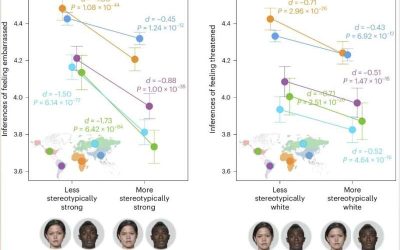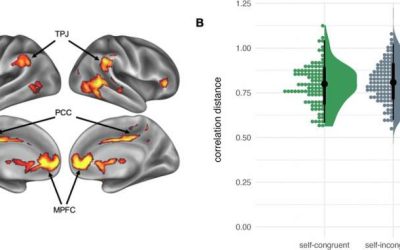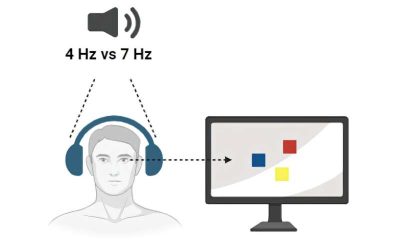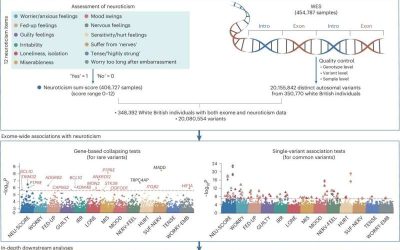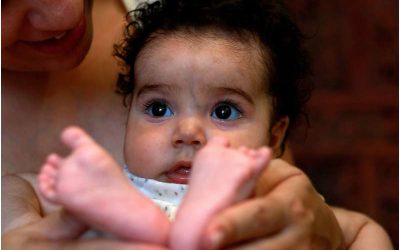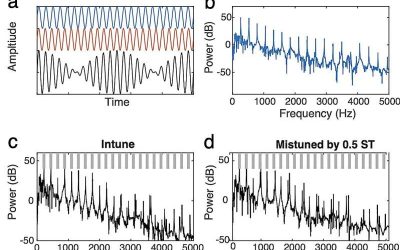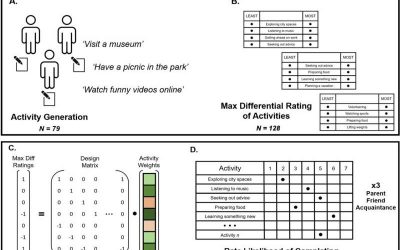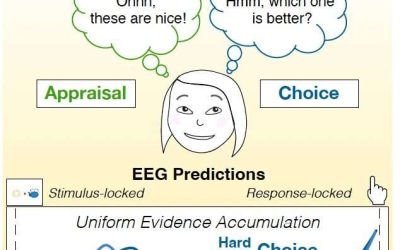When we first meet another person, we typically form an initial impression of them based on their facial features and appearance. These first impressions of others could potentially influence our subsequent cognitive processes, such as what mental states we believe...
Psychology & Psychiatry
Self-esteem influences self-related representations in others’ brains: Observing ‘self-recapitulation’ through MRIs
Different people have distinct and subjective perceptions of their personal worth, broadly referred to as "self-esteem." For decades, neuroscientists and psychologists have tried to pinpoint the neural basis of self-esteem and the neural processes associated with...
Sensory stimulation enhances the capacity of human visual working memory, study finds
To complete tasks that require storing relevant visual details for short periods of time, such as solving a puzzle, reading or comparing different objects, humans leverage their so-called visual working memory. This is a cognitive system that allows people to store...
Quality of parent-child relationships predicts adulthood well-being, 21-country finds
The link between early life experiences and mental health has been widely explored by psychology researchers. One key aspect of human early life experiences is the relationship that people develop with their parental figures, which is at the center of attachment...
Large-scale genetic study identifies 14 genes linked to neuroticism
Neuroticism is a key personality trait described by well-established psychological theories, associated with a tendency towards emotional instability and negative emotions. Past studies found that this personality trait often goes hand in hand with various mental...
Exploring how stressful life events affect internalizing and externalizing symptoms of psychopathology in childhood
Past psychology studies have consistently highlighted the link between adverse and traumatic life events and mental health problems. Better understanding the intricate relationship between stressful life events and the emergence of psychopathology in childhood could...
Meta-analysis of past research unveils distinct patterns in infant looking behavior
Human infants have limited motor capabilities, which prevents them from accessing and exploring all parts of their surrounding environment, and also makes them difficult research participants to study. However, infants do learn about and explore the world by looking;...
Study explores how acoustic elements influence perceptions of music being out of tune
When we listen to a song or musical performance, out-of-tune singers or instruments are generally perceived as unpleasant for listeners. While it is well-established that mistuning can reduce the enjoyment of music, the processes influencing how humans perceive...
New behavioral signature could help quantify the value that people attribute to specific interpersonal relationships
During their lives, humans and other mammals tend to bond in different ways with others. Psychological theories suggest that individual humans attribute varying values to their social experiences, yet the values they assign to specific interpersonal relationships have...
Neural signatures commonly observed when humans make choices can also reflect choice-independent processes
Past neuroscience research has identified patterns in neural activity typically observed when humans are engaged in value-based decision-making. This is the process through which humans choose between options that could be linked to different costs and rewards,...

